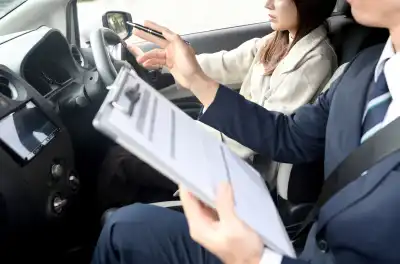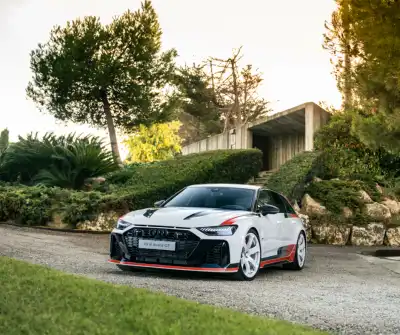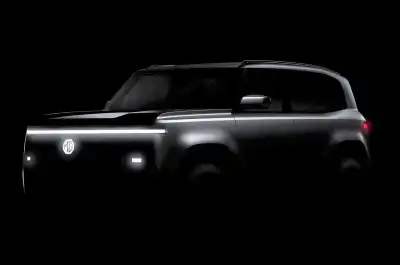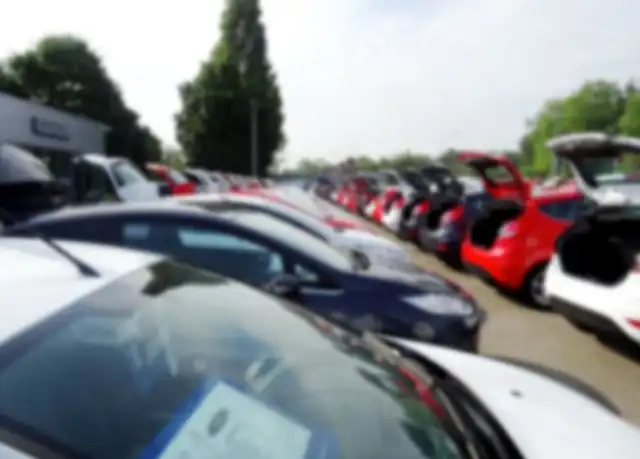
Consider personal circumstances
Franchised or independent dealer: which is best? As with many questions, there is not necessarily a right or wrong answer - just pros and cons and a choice to make based on your particular requirements. Let us consider the strengths and weaknesses of these types of garage first in terms of sales, then repair & maintenance.
Franchised dealer sales
If you have chosen to buy a particular make/model, it should be easy to find at a franchised dealer that specialises in the brand (assuming it is fairly modern and has a reasonable financial value). If it is also a big seller, expect to see a wide range parked adjacent on the forecourt. Plenty of choice, in other words.
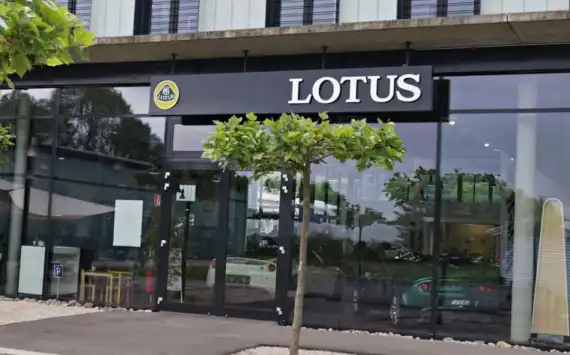
The dealer might alternatively source a vehicle from another franchise if there is nothing suitable on the forecourt. You might, therefore, say that you want “x” car, with “x” engine and gearbox, in “x” colour for “x” price. You then simply wait for it to appear.
Furthermore, the salesperson – at least in theory – has a wide range of specialist knowledge that cannot be matched by an independent, non-franchised, competitor. Helpful if you have detailed questions such as: what is the difference in equipment between “x” trim and the next for the model built from 2013 - 2016?
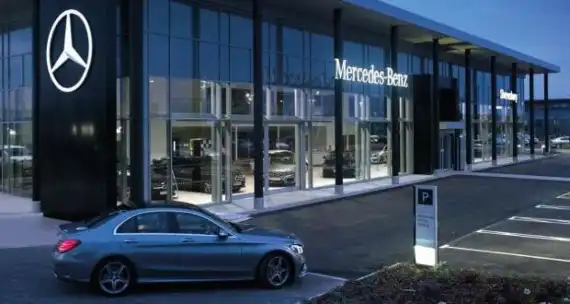
A franchised dealer also has to meet the manufacturer's expectations. It is accountable, in other words. This encourages it to source quality stock, rectify issues, and present it professionally in the style consistent with any brand counterparts.
Furthermore, a franchised dealer forecourt is typically in a prominent location within the community and rather glitzy. It creates an impression to sell a lifestyle, in other words. Cars might be presented indoors, under bright lights and with refreshments on tap. Some motorists get a thrill from the prestige.
The downside is that the easy availability of nicely presented cars, glossy premises and knowledgeable staff cost money. This has to be recouped from the customer. On this basis, a car is likely to cost more than if moved one mile down the street to an independent.
Independent dealer sales
An independent dealer often has vehicles from a range of manufacturers. If you have not chosen a particular make/model, a large, mixed, forecourt is an easy place to get a feel for the market. It might enable you to short list a couple of brands that appeal because of (say) impressive build quality and sharp styling.
Furthermore, the salesperson is not financially linked to a manufacture so is more likely to be a neutral guide. What is lacked in model specific knowledge might be made-up for by a wider overview, in other words. What a contrast to a franchised dealer which can only champion a particular and limited range of vehicles.
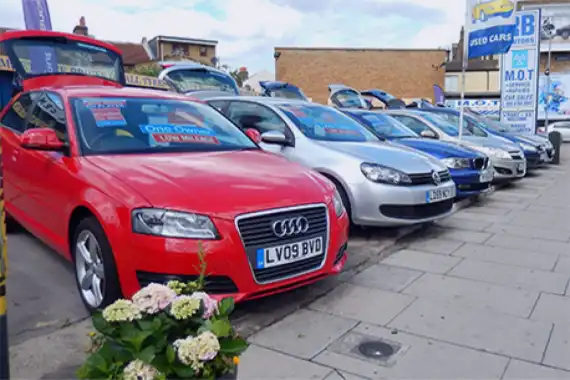
But there are downsides to favouring an independent. Typical examples – which vary from company to company, of course, include:
- less prestigious premises (sometimes extremely modest),
- not held accountable by a manufacturer,
- less likely to source a specific vehicle on your behalf.
Franchised dealer maintenance and repair
In theory, a franchised dealer is best placed to care for a car once purchased. The mechanic specialises in its care and that of its siblings, after all – whereas an independent has generalised expertise. There are some issues only specialist knowledge can fix.
A franchise might also have model specific tools; tools that speed-up progress and might be impractical for an independent dealer to obtain. A specialist diagnostic tool or software update, perhaps. It also only installs manufacturer parts for optimum compatibility.
Franchised work also ensures any manufacturer warranty remains valid. If an independent garage repairs your vehicle, the manufacturer might say that a subsequent fault has been caused by poor workmanship. Or is that a “non-franchise new component”, Sir?
Legally, an independent can work without invalidating a warranty but must follow manufacturer guidelines. Mechanics might also have to prove it. Trusting a franchise dealer eliminates this ambiguity.
Furthermore, when the time comes to sell your vehicle a full, franchise, service history is worth its weight in gold. It might increase resale value and shorten the time required to find a buyer, for example. The downside of consulting a franchise is, inevitably, that these benefits are reflected by the price of work.
Independent dealer maintenance and repair
The independent typically scores in several key areas:
- reduced hourly rate,
- option to purchase cheaper, non-franchise, parts,
- more likely to see the same mechanic on multiple occasions who gets to understand the vehicle and your requirements.
Perspective
As previously mentioned, neither a franchise or independent dealer is necessary “better”, it is more a case of what suits your requirements. However, it is reasonable to conclude that there are occasions when the franchise route is more suitable. These include:
- repair/maintenance that requires specialist knowledge,
- repair/maintenance that requires specialist tools,
- the car is so prestigious and/or valuable that anything other than franchise work makes it harder to sell,
- to ensure the warranty remains valid,
- it is the only garage within a sensible distance.
But in general terms, it is more important to find a capable, honest, dealer then to get stuck on the franchise/independent issue. There are good and bad of both. A prestigious premises is no guarantee of service, and lots of good people work at modest sites.
The best way to find a good dealer is to:
- speak to locals as word spreads fast,
- check the internet for reviews,
- get a feel by popping-in for a minor job such as windscreen wiper replacements, before committing to a large repair.

